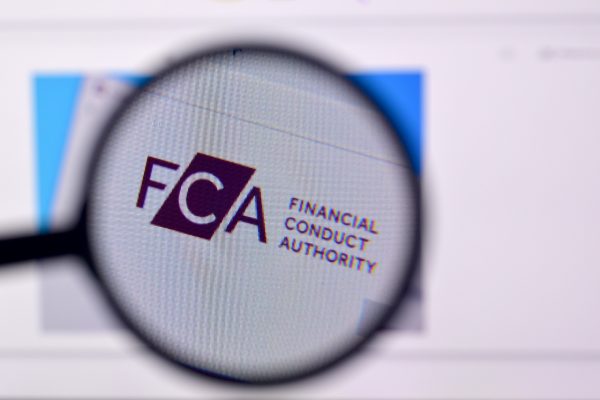Our member purchased a vehicle from a private individual over a year ago. Our member undertook due diligence, and the vehicle was not registered as having outstanding finance with any of the asset registration agencies: CDL, Experian, HPI, etc. Nevertheless, our member has recently received a demand from the legal representatives of a finance company for a £16,000 settlement of outstanding finance.
Incredibly, there is no legal requirement for a finance provider to register their interest in a vehicle. It is entirely voluntary for these lenders to register the vehicles they own with the asset registration agencies, despite them being the legal owner of a car on finance until that loan is paid off. Rather like the frequent late registration by the insurance industry, finance registration can be delayed, or completely overlooked, giving carte blanche to unscrupulous individuals to sell vehicles they do not have title to sell.
Specialist Automotive Finance (SAF) provider of training in automotive finance states:-
“The consequences of failing to register financial interests can be serious, such as a finance company ultimately losing ownership of its expensive asset. More generally a failure to record a new interest or delete an expired one can result in customer complaints, reputational damage and costly legal proceedings”.
The Finance and Leasing Association (FLA) has developed some nonbinding best practice on asset registration which provides helpful information to lenders and agencies on how to best go about recording financial interests and managing the supply of that data. The FLA says this creates a record which helps finance companies to protect their valuable assets from any unauthorised sale, yet in practice, this record is often incomplete in real time.
It is our position the finance company was negligent in failing to register their interest. The finance company have taken the position that they have no duty to register their interest, yet our member is liable in any event. The matter is ongoing.

One of the largest independent specialist motor trade brokers in the UK. Our extensive history of supplying insurance to the motor trade means we understand your business needs. By partnering with a specialist insurance broker like us, you get exactly what you need to protect your business.








